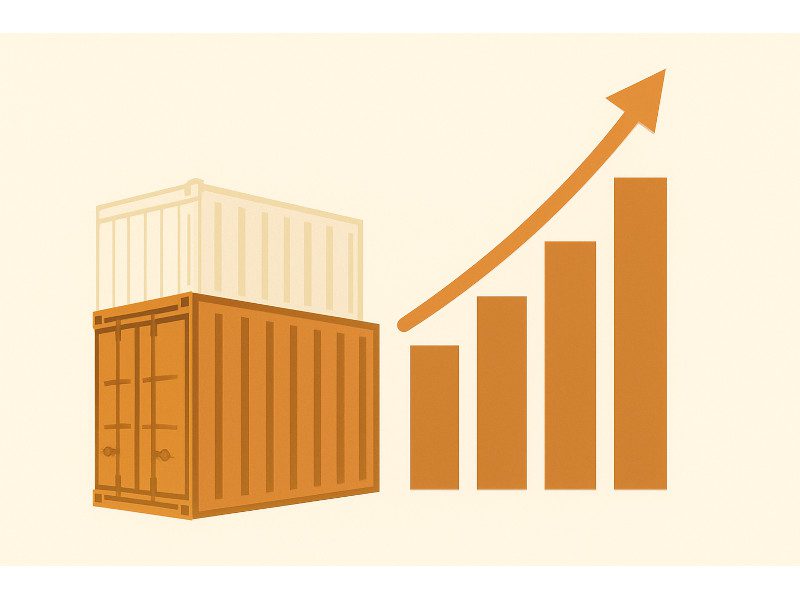Mark Hughes, Regional VP for UK and Ireland at ERP company Epicor comments on the disruption to Christmas supply chains.
“Here in the UK, we have recently experienced supply chain disruptions that have led to shortages in computer chips, building and manufacturing materials, alcoholic beverages and the latest in the run up to Christmas – food produce. Supply chain resilience has been tested to breaking point over the course of COVID-19, and the latest concerns about the shortage of food and farm produce in the run up to Christmas is another example of the complex nature of our national and international supply chains.
“The reality is that we expect to see these types of issues continuing into 2022, particularly with the spectre of more public health restrictions hanging over us, so the sector should prioritise getting visibility into any issues that will cause delays as soon as possible, rather than just crossing their fingers and hoping it doesn’t happen.
“Every stage in the supply chain is a potential weak link, so moving to less complex supply chains, such as British distributors and retailers buying more products manufactured in Britain, could also help businesses meet end-to-end expectations. The National Farmers’ Union (NFU) understands this and has called for the UK government to ensure Britain’s self-sufficiency in food production is maintained at 60%, and to also create an environment to better support businesses.
“All the businesses involved, including the farmers and food retailers, logistics companies and distributors, will be able to manage their stock levels and set customer expectations much more effectively if they have up-to-date, reliable data on what products are arriving and when. Businesses would prefer advance warning of what will be delivered, even if orders cannot be completely fulfilled. This approach requires automation and sophisticated supply chain planning technologies, due to the sheer volume of data involved.
“Moving beyond the immediate solutions for supply chain disruption, businesses can also look to future-proof in this area. Stress testing — the process of understanding the performance and current resiliency of supply chains and identifying any weak links — is essential. By simulating specific scenarios that could threaten each element of the network, from manufacturing errors and worker shortages to shipping delays, organisations can understand the risks they face and the potential threats to their operation. As a result, they will drive up the durability and agility of the supply chain across the board, helping manufacturers to protect themselves against any future threats.”
Media contact
Rebecca Morpeth Spayne,
Editor, International Trade Magazine
Tel: +44 (0) 1622 823 922
Email: editor@intrademagazine.com







